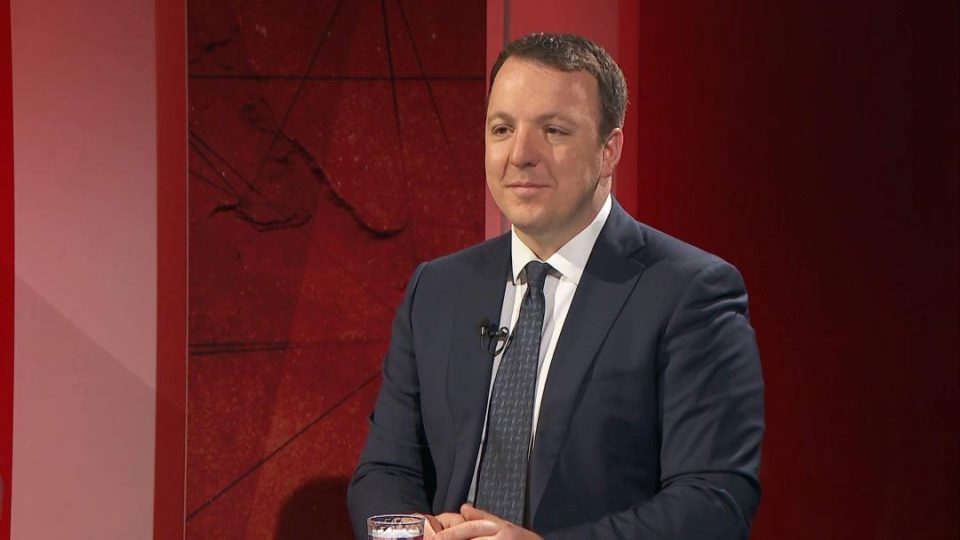The new composition of the European Commission was announced yesterday in Brussels. The European government, headed by former German Defense Minister Ursula von der Leyen, will lead the European Union in the next five years. I have been in Brussels these past two days to attend meetings of the European People’s Party (EPP) Political Assembly and numerous other meetings in the European Parliament and the European Commission. Even in this composition of the European Commission, the EPP remains the strongest player. The party of founders of the European Union, which includes Europe’s most powerful center-right parties, is back in the presidency, as well as several key departments.
This commission is a composition of most political parties to date with many opposing views. It will be a strong challenge for Von der Leyen to balance the interests of both the right and center and left. At the same time, this commission reflects the reality in Europe. The European Union, as never before, is divided and even polarized for many essential purposes. Depending on the circumstances in different countries, different political groups are winning and there are no longer known waves of the past when a series of states in Europe have won parties from the left or the right wing.
It is this mix that is the most commented today in Brussels. The new commission has a strong portfolio for climate change, but also for democracy and demography that goes to our HDZ friends in Croatia, and the new commissioner Dubravka Shuica is clearly conservative but also a good woman manager, who, while serving as mayor in two terms managed to completely transform the city and make it one of the world’s most attractive tourist destinations.
What is particularly important is the strong support for enlargement. Namely, after five years of stagnation announced and realized by the current European Commission President Jean-Claude Juncker, enlargement is on the top agenda. Of course it has its big opponents too, so it was interesting to see these two days in Brussels as enlargers trying to stay as such in the new commission and those opposed and looking to split and merge with others, thereby losing or suppressing the priority of enlargement. The current wave of enlargement wins, which does not mean that several key states opposed to enlargement will continue to oppose it. That battle will be decisive for Macedonia. But in that battle we can help our enlargement friends, above all by hard work and home reforms, and a genuine friendship with them, not just ideological attacks.
Read the whole column by Aleksandar Nikoloski at Nezavisen vesnik





Comments are closed for this post.